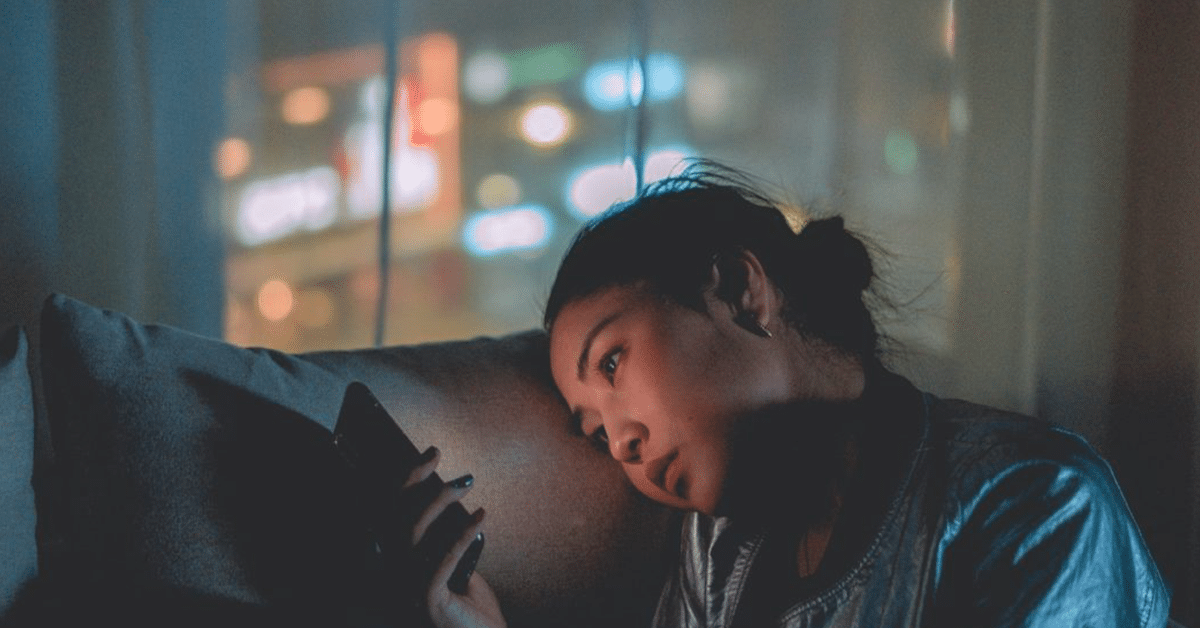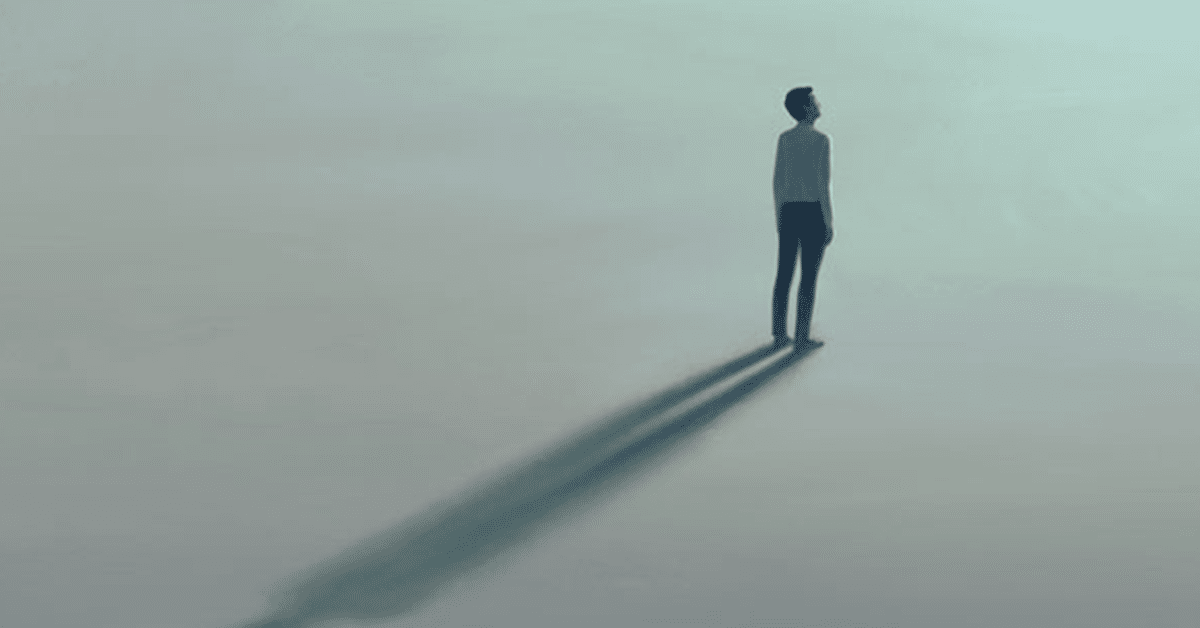What is Phubbing?
Phubbing is paying attention to our phone instead of the people we are with. And, it really does sound like just about everybody is doing it.
What’s more interesting, though, is that people tend to think it’s bad when other people do it, not so much when they do it themselves.
Gwendolyn Seidman, Ph.D., calls it the “phubbing blind spot.” Study participants reported less enjoyment, connection, and engagement when they were the victim of phubbing. But, they did not think there was much particularly wrong with phubbing when they were doing it themselves.
Well, of course. The phubbor is at least connected to someone or something through the phone, while the phubee might be just standing there connected to no one or nothing, except maybe the disgruntled thoughts in their own head. So, of course, the former is having a better time than the latter.
Why Do We Phub?
Even though we may actually know it is rude and hurtful to another we may even love, we phub anyway, for one thing, because we are addicted, otherwise known as “nomophobia”:
Phone addiction is the obsessive use of a smartphone. The behavioral addiction is often dubbed as “nomophobia,” or the fear of being without a mobile device. There are over 3.8 billion smartphone users in the world. Research published by Virgin Mobile discovered that those billions of smartphone users receive 427% more messages and notifications than they did a decade ago. They also send 278% more texts. The rise in phone use seems like a natural necessity for modern life. However, it can also cause concern and negative consequences. The heavy use of these devices has consumers questioning their cellular habits. According to Google Trends, since 2004, searches for “cell phone addiction” have been rising.
So, we know we are addicted, and yet we are doing it more and more anyway. The phone wants us to love it more than anything or anyone else. It is designed to keep us all to itself.
And then we tell ourselves that it’s okay. After all, we have good reasons for doing it that make it okay.
We tell ourselves stories, e.g., that whatever we are looking up, or whomever we are calling or texting, will actually enhance our engagement with the person standing before us.
This brings us to “The Superiority Illusion,” meaning that we all tend to think of ourselves as better than average; better looking, nicer, smarter…you get the idea.
Bear in mind it is statistically impossible for all of us to be better than average since, by its very definition, average is what most of us are. And yet, many think they are better than average, possibly as an adaptive strategy that evolved over time to help us to survive and to thrive.
Studies have shown neurobiological effects in the brain to suggest that people who have an inflated sense of self may suffer less depression and behavioral side effects, such as dampened productivity.
That said, an unrealistic view of oneself as more okay than we may be can lead us into trouble too. So no, it may not be as okay as many tell themselves it is to have a significant other relationship with the phone.
Effects of Phone Addiction
In addition to hurting our relationships, there are many more potential adverse effects of phone addiction, including:
- Sleep deficit
- Lower concentration
- Creativity blocks
- Aggravated ADD
- Anxiety
- Reduced cognition
- Stress
- Loneliness
- Insecurity
- Impaired relationships
- Poor grades
- Psychological disorders
Chronic phone use can also cause other physical dysfunctions, like GABA (a neurotransmitter in the brain) dysfunction and a loss of grey matter in the brain, which are highly correlated to substance use disorders.
How Can We Improve?
September is Self-Improvement Month. So how can we improve?
Excerpted from an earlier post on phubbing:
FOMO: Fear of Missing Out, rampant these days, manifests in Facebook and other social media addiction and, coupled with a lack of self-control, according to these authors, accounting for phubbing. I am going to stop phubbing. I think I can. I know I can. Let’s all try together to not do that anymore. There is no greater gift that we can give to one another than the gift of our attention.
Mindfulness: “Mindfulness means paying attention in a particular way; On purpose, in the present moment, and nonjudgmentally” (Jon Kabat Zinn).
That is love. The gift of our attention. Let us remember the love and, especially, to love the one we are with. Practice, practice, practice, and see what happens.
Warm wishes,
Madelaine
Photo by Pexels Mikotoraw
Keep Reading
Want more? Here are some other blog posts you might be interested in.







